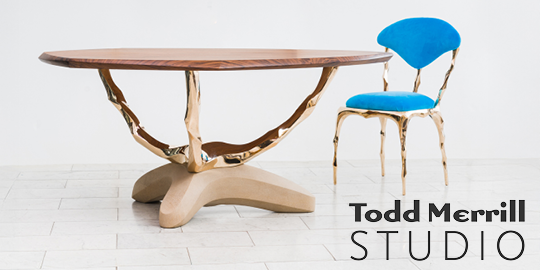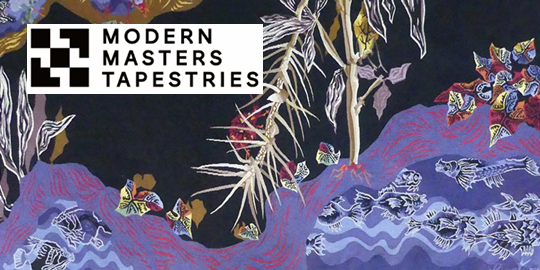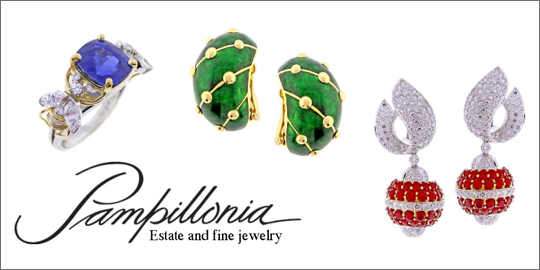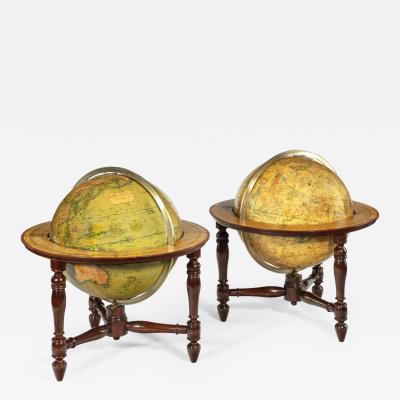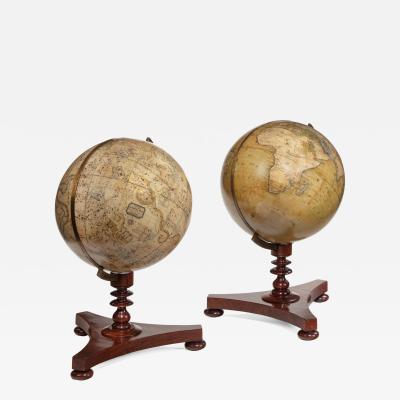Newton
British
John Newton (1759–1844) and William Newton (1785–1869) were prominent English globe makers and instrument manufacturers during the 18th and 19th centuries.
John Newton, also known as John Newton & Son, started his globe-making business in London in the late 18th century. He was known for producing high-quality terrestrial and celestial globes. His globes were meticulously crafted, incorporating the latest geographical and astronomical knowledge of the time. Newton's globes were sought after for their accuracy, craftsmanship, and aesthetic appeal.
William Newton, the son of John Newton, joined his father's business and later took over the company. Under William's leadership, the business expanded, and the Newton name became synonymous with fine globes and scientific instruments. William Newton continued to produce globes with a focus on accuracy, incorporating advancements in cartography and astronomy.
The Newtons' globes were widely used for educational purposes and were considered essential tools for studying geography, astronomy, and navigation. Their globes found homes in schools, libraries, and the houses of wealthy individuals.
The Newtons' globe-making business flourished throughout the 19th century and continued to be influential in the field. Today, antique globes produced by John Newton, William Newton, or the Newton family are highly prized by collectors and globe enthusiasts. These globes represent a significant period in the history of globe making and are valued for their historical significance and craftsmanship.
John Newton, also known as John Newton & Son, started his globe-making business in London in the late 18th century. He was known for producing high-quality terrestrial and celestial globes. His globes were meticulously crafted, incorporating the latest geographical and astronomical knowledge of the time. Newton's globes were sought after for their accuracy, craftsmanship, and aesthetic appeal.
William Newton, the son of John Newton, joined his father's business and later took over the company. Under William's leadership, the business expanded, and the Newton name became synonymous with fine globes and scientific instruments. William Newton continued to produce globes with a focus on accuracy, incorporating advancements in cartography and astronomy.
The Newtons' globes were widely used for educational purposes and were considered essential tools for studying geography, astronomy, and navigation. Their globes found homes in schools, libraries, and the houses of wealthy individuals.
The Newtons' globe-making business flourished throughout the 19th century and continued to be influential in the field. Today, antique globes produced by John Newton, William Newton, or the Newton family are highly prized by collectors and globe enthusiasts. These globes represent a significant period in the history of globe making and are valued for their historical significance and craftsmanship.
